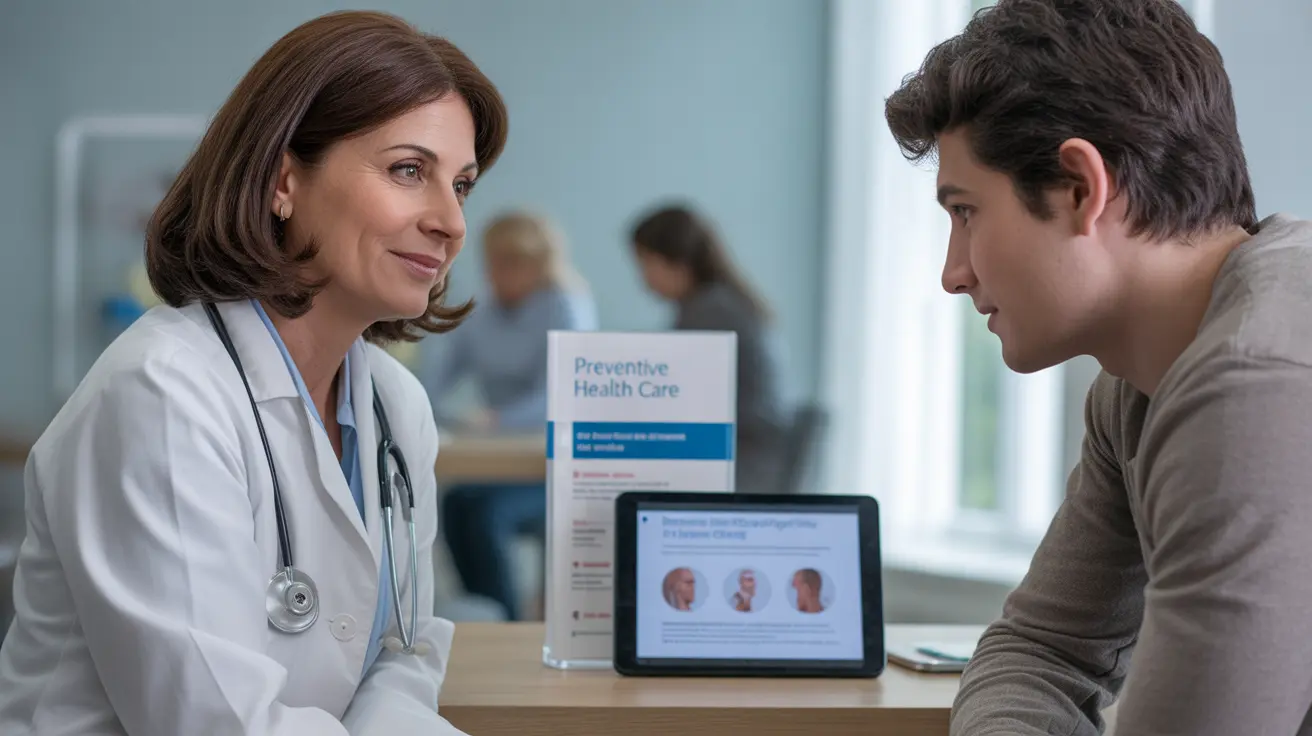Preventive health care encompasses all medical services, screenings, and lifestyle choices designed to prevent illnesses, detect health issues early, and maintain optimal wellness throughout life. This proactive approach to health management has become increasingly vital in modern healthcare, helping individuals avoid serious medical conditions and reduce healthcare costs in the long run.
By understanding and implementing preventive health care strategies, you can take control of your health journey and potentially avoid many preventable diseases and complications. Let's explore the key aspects of preventive health care and why it's crucial for everyone.
What Constitutes Preventive Health Care?
Preventive health care includes a wide range of medical services and personal health practices aimed at maintaining wellness and preventing disease. These services typically fall into several key categories:
- Regular health screenings and check-ups
- Immunizations and vaccinations
- Health counseling and education
- Risk assessments
- Lifestyle modifications
Healthcare providers work with patients to develop personalized preventive care plans based on factors such as age, gender, family history, and current health status.
The Three Levels of Prevention
Primary Prevention
Primary prevention focuses on preventing disease before it occurs. This includes:
- Vaccinations against infectious diseases
- Health education and counseling
- Regular exercise programs
- Proper nutrition and dietary guidance
- Smoking cessation programs
Secondary Prevention
Secondary prevention involves detecting and addressing health issues early, before they become serious. Examples include:
- Regular blood pressure screenings
- Cancer screenings (mammograms, colonoscopies)
- Diabetes testing
- Cholesterol checks
- Mental health screenings
Tertiary Prevention
Tertiary prevention aims to manage existing health conditions and prevent complications. This includes:
- Chronic disease management programs
- Rehabilitation services
- Support groups
- Regular monitoring of existing conditions
Essential Preventive Services Across Life Stages
For Children
Children require specific preventive care services to ensure healthy development:
- Well-child visits
- Developmental screenings
- Required immunizations
- Vision and hearing tests
- Dental check-ups
For Adults
Adult preventive care needs vary by age, gender, and risk factors but generally include:
- Annual physical examinations
- Cancer screenings
- Cardiovascular health assessments
- Mental health screenings
- Sexual health services
The Role of Insurance in Preventive Care
Most health insurance plans now cover preventive services at no additional cost to the patient. This coverage typically includes:
- Annual wellness visits
- Recommended vaccinations
- Essential health screenings
- Preventive medications
- Health counseling services
Lifestyle Factors in Preventive Health
Preventive health care extends beyond medical services to include daily lifestyle choices:
- Regular physical activity
- Balanced nutrition
- Adequate sleep
- Stress management
- Social connection
- Avoiding harmful behaviors
Frequently Asked Questions
What is the definition of preventive health care and what services does it include? Preventive health care encompasses medical services, screenings, and lifestyle practices designed to prevent illness and maintain health. It includes vaccinations, regular check-ups, health screenings, counseling, and lifestyle modifications aimed at preventing diseases before they occur.
Why is preventive health care important for early detection and improving health outcomes? Preventive health care is crucial because it helps identify potential health issues before they become serious, reduces healthcare costs, and improves overall health outcomes. Early detection through regular screenings can lead to more effective treatment and better chances of recovery.
What are common preventive health screenings and vaccinations recommended for adults and children? Common screenings include blood pressure checks, cholesterol tests, cancer screenings, and developmental assessments for children. Recommended vaccinations vary by age but include flu shots, childhood immunizations, and adult boosters for various diseases.
How does insurance typically cover preventive health care services and are they free of cost? Most health insurance plans cover preventive services at 100% with no out-of-pocket costs, as required by the Affordable Care Act. This includes annual check-ups, recommended screenings, and vaccinations when received from in-network providers.
How can lifestyle changes and counseling play a role in preventive health care? Lifestyle changes and counseling are fundamental to preventive health care, helping individuals develop healthy habits and address risk factors. This includes guidance on diet, exercise, stress management, and breaking harmful habits like smoking or excessive alcohol consumption.




